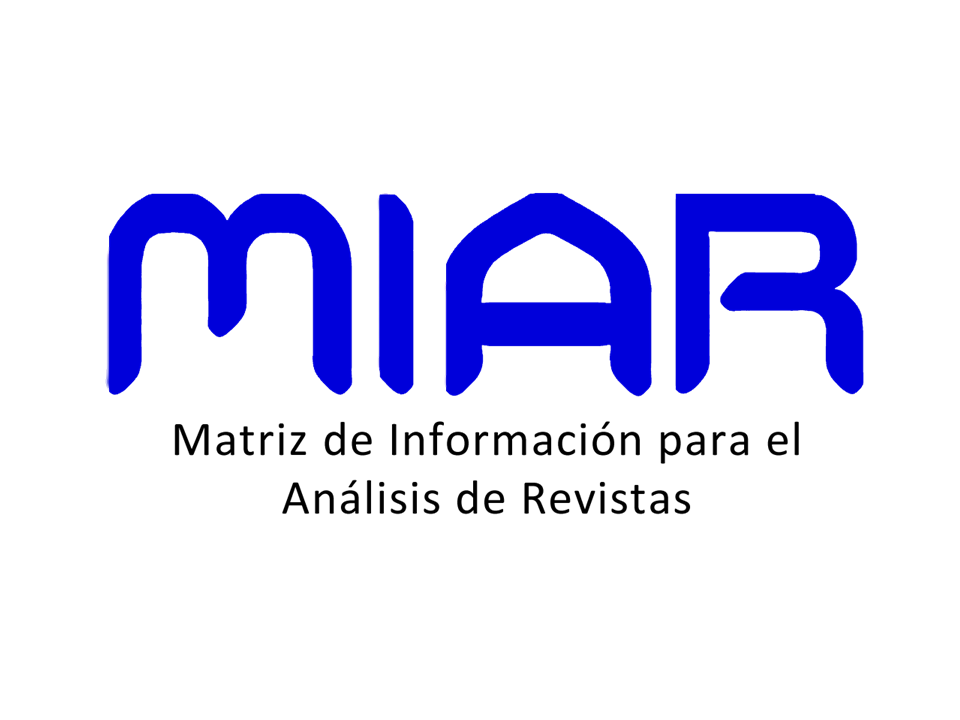EDUCATIONAL LANGUAGE POLICIES AND EDUCATION AS LANGUAGE POLICY:
A LOOK THROUGH THE PRISM OF SPOLSKY'S LINGUISTIC MANAGEMENT THEORY
Keywords:
Línguas., Políticas linguísticas., Gestão da língua., Políticas linguísticas educacionais.Abstract
ABSTRACT: This article, dedicated to the dialogue between language policies and language education, extends the look to the main educational language policies in force in Brazil. The purpose of this work is to make a study of the policies for education that intertwine in linguistic issues such as the own provisions on language and education in the Federal Constitution / 1988, in LDB 9394/1996 and in BNCC. Affiliated to a critical and decolonial approach to language policies, it is from this place of speech that we aim to analyze the function of the linguistic policies declared in the corpus of the research in relation to the languages that make up the linguistic landscape of the country and identify the (the)symmetries in the political treatment given to the different languages in presence as well as the effects arising from the declared linguistic management. For this purpose, we used a qualitative-interpretative methodology, based on bibliographic and documentary research in which we revisit theories pertinent to the theme and analyze the legislative provisions for education in force in Brazil. The article is initially structured by presenting the theory of linguistic policies of Spolsky (2009; 2016), complemented by Calvet (2007), Cooper (1989); then brings a historical overview of the educational linguistic policies that have promoted, in Brazil, monolingualism and the hegemony of the language of the colonizer since the arrival of the colonizers, based on Da Silva (2019) Ribeiro da Silva (2014) and Oliveira (2003); finally, in a third moment, it brings an analysis of the legal provisions – the Federal Constitution / 1988, the LDB 9394/1996 and the BNCC. The study results in the finding that the current educational language policies, although a comprehensive citizenship project centered on the established and current linguistic and educational reality is intended, do not meet the real multilingual demand and, similarly to the language policies of the past, the current education fulfills the role of serving a Eurocentric hegemonic linguistic management.
KEYWORDS: Languages. Language policies. Language management. Educational language policies.










